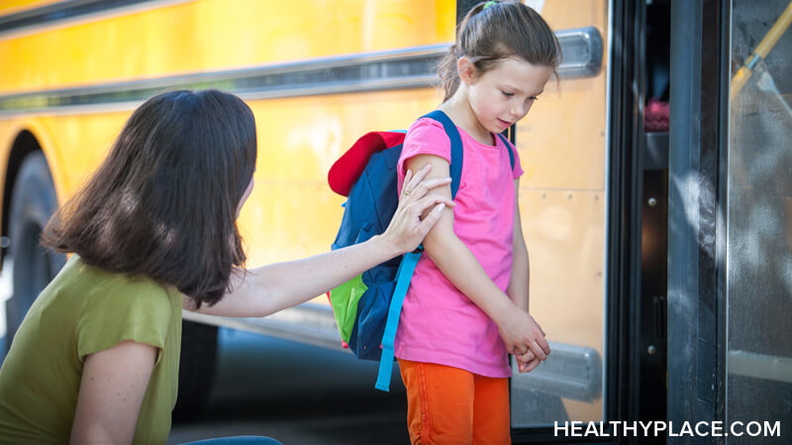Talking About Verbal Abuse and Bullying with Kids

Talking to kids about verbal abuse and bullying is an important part of preparing your children for the rocky road of adolescence. By discussing the realities of bullying in school, how to respond to it, who to talk to, and how to treat others you are equipping your child with invaluable life skills and contributing to the prevention of bullying in your community. Bullying has a profound impact on the mental and social well-being of children, from the time they are youngsters in elementary school to budding adults in high school. Educating our youth on how to treat others and how they should act in the case they mistreated is an investment in our kids and something every parent and teacher should make a priority. Read on for five important points to discuss with your child about verbal abuse and bullying.
5 Important Points About Verbal Abuse and Bullying to Discuss with Kids
- What is verbal abuse and bullying? Verbal abuse can be defined as repeated verbal attacks on a person with harsh criticism, blaming, manipulation, controlling and other verbal hostilities. Bullying can be defined as repeated intimidation, harassment, verbal and physical assaults and threats. Verbal abuse and bullying go hand in hand, they are very similar and can be addressed simultaneously. When explaining what bullying is to your child, make sure to break it down into specific behaviors so he or she understands exactly what you're trying to get across. Using terms like name-calling, taunting, teasing or making fun of, purposely excluding or ignoring, spreading harmful rumors, insulting and threatening are all very descript and should be easy to explain.
- Bullying is now considered a public health issue. It has reached this status because of the harmful consequences it has produced again and again. Cases of bullying have and continue to lead to extremely detrimental effects on children psychologically and socially. Numerous children have been lost to suicide with reasoning noted as bullying; and although the topic is debatable, many mass shootings have also been tied to alleged cases of severe bullying. Children have felt forced to change schools, decided to switch to homeschooling or even had their families move to another town over bullying.
- Verbal abuse can be extremely painful for anyone to endure, let alone a child. That's why we need to work harder to equip our babies, some in kindergarten and some as seniors in high school, with a hefty toolbox filled with coping techniques, effective communication skills and the wherewithal to understand that another's criticism does not define them. Explain to your child that a person who is verbally abusive is often times damaged and lashing out and that although attacks feel very personal, they typically have much more to do with the abuser than the victim.
- Responding to verbal abuse with verbal abuse is never a good idea. There are many ways psychologists suggest for children to respond to bullying such as ignoring the attacks, avoiding them, finding ways to be assertive without being aggressive like boldly saying "no" or "stop." Bullies are typically looking to feel as though they've gained power over another and feed off of the reaction they get from throwing insults and threats, depriving them of such a reaction will often cause them to lose interest and move on.
- Talk to your child about how he or she should always treat peers, with kindness and civility, as he or she would like to be treated. It may make an important impact on your child if you explain that making fun of a classmate may seem like no big deal but can actually cause the classmate to feel depression and it may lead to isolating and feeling uncomfortable going to school, and it can even carry into adulthood as social anxiety and lack of confidence. Encouraging your child through discussion and by leading by example can make all the difference in the world. Keep your eyes open and when you see children insulting their siblings or friends, or any other troublesome behavior, make sure to promptly and firmly address it.
If you fear your child may be experiencing bullying and verbal abuse at school, encourage him or her to open up to you, never ignore signs that your child is being tormented and always offer him or her a safe space to discuss anything that's weighing on your child.
APA Reference
Sullivan, E.
(2018, August 7). Talking About Verbal Abuse and Bullying with Kids, HealthyPlace. Retrieved
on 2026, January 6 from https://www.healthyplace.com/blogs/verbalabuseinrelationships/2018/8/talking-about-verbal-abuse-and-bullying-with-kids